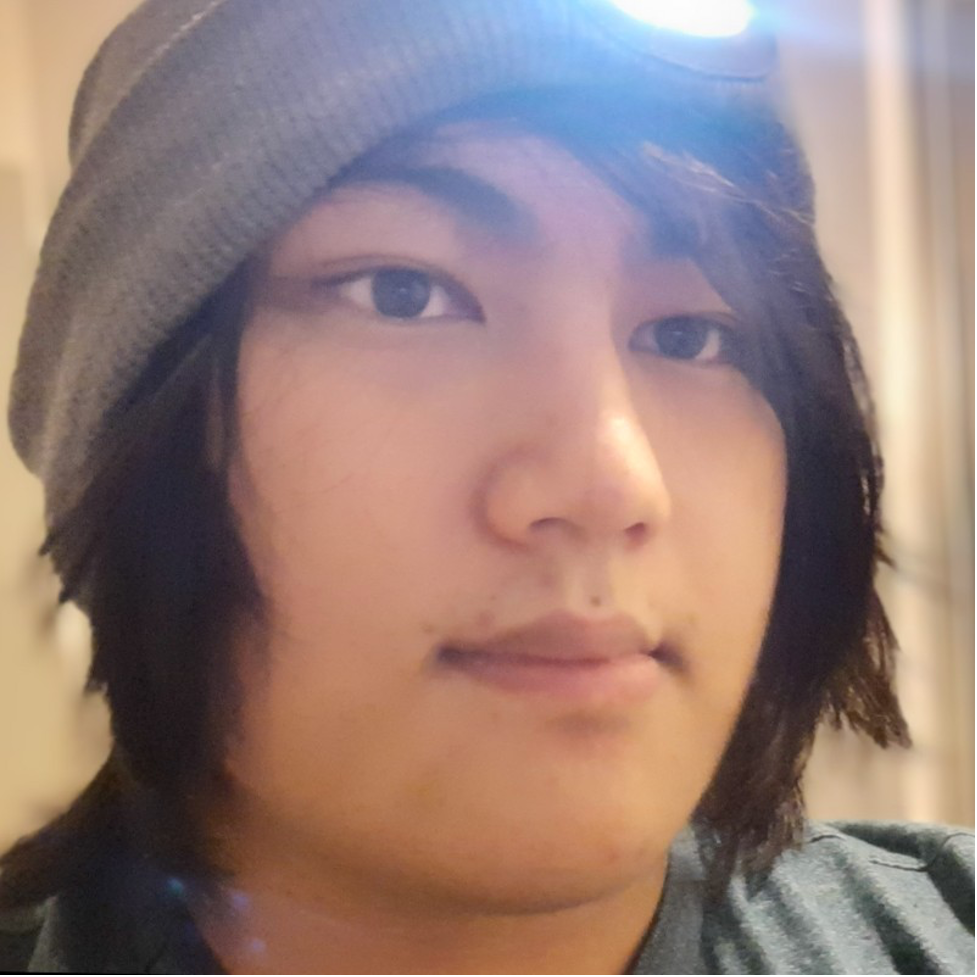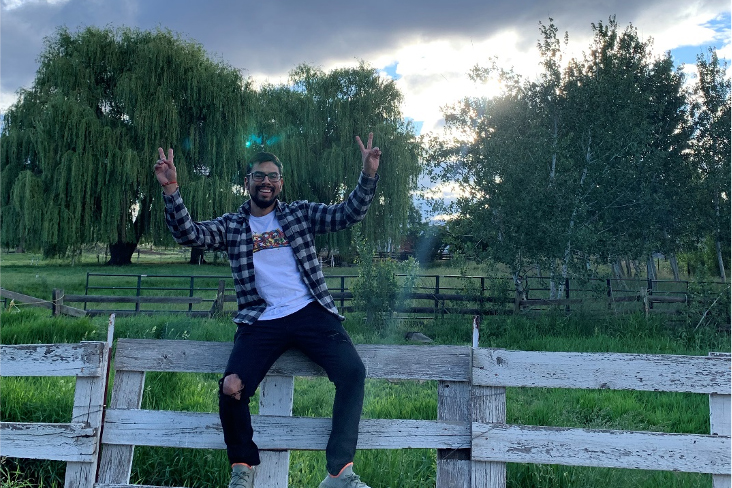November 8, 2022
National first-generation day is a call to celebrate students, faculty and staff who are the first in their family to pursue a four-year undergraduate degree in the United States. November 8 was identified as the date for the annual National First-Generation College Celebration to honor the anniversary of the signing of the Higher Education Act of 1965.
The day recognizes the barriers many people from underrepresented or traditionally marginalized communities face in getting into higher education. We asked first-generation students in MSE to share some of their experiences. Junior Alan Ricardo Medina and senior Mengkong Tong answered our questions.
What is it like being a first-generation college student?

MSE senior Mengkong Tong
Ricardo Medina: To sum it up in one word, challenging. There’s just so much unknown to navigate through. Every step feels like a leap, and the leaps just keep going on and on. There is a light at the end of the tunnel though, with perseverance. Plus, with the knowledge I’m gaining now about navigating college, I’m able to pass it on to my younger brother and cousins.
Tong: Coming from a Cambodian background with no family members who could help me with college, it was a very frightening experience. My whole life, I had always seen my parents as these absolute figures who I could always rely on for guidance, but just on my first day of college, I feared how much responsibility and independence college was. It wasn’t easy, but throughout the years, I managed to acclimate and eventually feel at home in the MSE program.
What challenges have you had to overcome to get here?
Ricardo Medina: The primary challenge I faced getting here was financial, coming from a very low-income household. Paired with being DACA, and with me being a first gen I didn’t even know WAFSA was thing until much later. I postponed my dream to go straight to UW and attended community college instead. Even with the lower cost of community college I still juggled full-time employment with being a full-time student. Finally, when I was getting close to finishing my AAS, the pandemic hit. My family took a toll and I had to help so I stopped attending classes for almost a year. That was the hardest challenge as I wanted to finish my college degree as fast as I could to save money, but I also had the obligation to my family, and I put them first.
Tong: As a first-generation college student, I had many hurdles to overcome; my parents were immigrants who hadn’t completed high school. They didn’t know English and were working long hours for minimum wage in soul draining jobs. During my senior year of high school, I was painfully aware of this. I knew my family couldn’t afford tuition, so I looked and applied for many different scholarships which eventually paid off. I managed to get into UW on scholarships, but the challenges didn’t end there. Class materials, fees and dorm prices kept me on edge throughout my first and second year of university. I was constantly worried about money and if I could afford continuing my education.
What are you most proud of in relation to your experience as a first-gen college student?

MSE junior Alan Ricardo Medina
Ricardo Medina: I believe what I’m most proud of is the joy I bring my parents. They know I’ve been working very hard on this degree, and they are the reason I’m doing it. To show them that the lessons and values they’ve instilled into me are valuable and will pay off.
Tong: I’m most proud that even with all the hardships I’ve gone through, I’ve miraculously never failed a class! My grades aren’t the best, but I am proud to have gone through it all and come out relatively unscathed.
What has kept you motivated in your academic journey?
Ricardo Medina: The main motivation has been my family. They encourage me and let me know that I am inspiring my younger cousins with my journey. I just want my family to know that it’s very much possible and I know that even though I’ll be the first in getting a college education, I most certainly won’t be the last.
Tong: The biggest thing that has kept me motivated through college is my love and passion for science. Every class I take, I come out genuinely loving the content and mind blown at new facts and things that were taught.
How did you become interested in engineering, and what led you to UW MSE?
Ricardo Medina: I got interested in engineering about halfway through high school. I already enjoyed math and science classes a lot and kept taking more. When I realized I was liking math more as the content got more challenging, I figured I could go for a career involving it. I combined that with science since I was good in that subject and arrived at engineering. From there I researched the different disciplines and realized that I like the principles of Material Science. It’s the basis for so many industries, and I liked the broadness of choice.
Tong: My dad is a mechanic, and from a young age I’d watch him fix up cars. I grew used to and accustomed to working with mechanical systems whenever I helped him and grew to love engineering. What lead me to MSE was during my freshman year, I joined Professor Luscombe’s group and did research into organic photovoltaic devices. I became very fascinated with MSE which led to me applying for the program back in 2020.
What advice do you have for fellow or prospective first-gen students?
Ricardo Medina: My biggest advice would be to ask questions. Always ask around to get the most help in terms of financial aid (scholarships), programs, and clubs to have the most information. Information is so valuable, especially coming in as a first-gen. Don’t be afraid, there’s lots of us out here all in the same boat, and we’ll traverse the sea of college together.
Tong: My number one advice for first generation students is to not give up, even if things become hard. Always reach out to people and professors about your circumstances. They are very understanding, and most will accommodate.